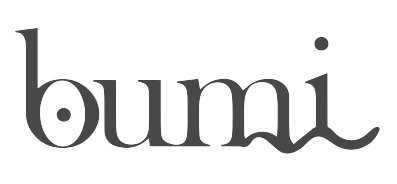
Our Beginnings
Our story began around ten years ago; strolling around our neighborhood in the Cibaduyut area which is prominent as a footwear center in Bandung, West Java. The craftsmen we met worked, ate, and slept in a dark workshop contaminated with an unpleasant smell of chemical adhesives and piles of waste coming from unused materials. Most of them are produced using mixed materials that take 30-40 years to decompose, and some soles last 1,000 years in landfill sites. Hereafter, Pijakbumi embarked on our journey to nurture Indonesia’s Shoe Craftsmanship with proper attention to reducing harmful impacts on workers and the environment.
To address our social and environmental impact, we embedded the United Nation’s SDGs throughout our sustainability strategies. Pijakbumi’s sustainable strategy centers on three strategic priorities which include Sustainable Designs, Sustainable Materials, and Circularity. Our fundamental topics are promoting sustained, inclusive, and sustainable economic growth, full and productive employment, and decent work for all; and ensuring sustainable and responsible consumption and production patterns.
Our Approaches
Our strategy starts at the beginning of a product’s life cycle thus reducing the amount of waste that needs to be handled at the end of the lifecycle. Pijakbumi Footwear is designed to be used more and made to be made again. We take these aspects into account: product durability, repairability, and design for easy disassembly and easier recycling. To avoid the disposal of waste, we work together with stakeholders who can regulate and manage our post-production to post-consumption waste. Then, our RE: BUMI program involves the reprocessing of the end-of-life of Pijakbumi footwear parts, component, or materials into the same product (closed loop) or into different product categories (open loop).
80% of our upper parts are made from naturally-derived and recycled materials. Meaning, we have avoided using virgin materials and reused 1,9 tonnes of post-production textile waste.
60% of our materials are locally sourced. Our material COGS are coming from local material researchers and suppliers to minimize our material footprint.
Pijakbumi defines the term local as resources within a radius of 80 km from our headquarters in Bandung, West Java.
30% of Pijakbumi post-production waste and footwear is manageable and recycled.




